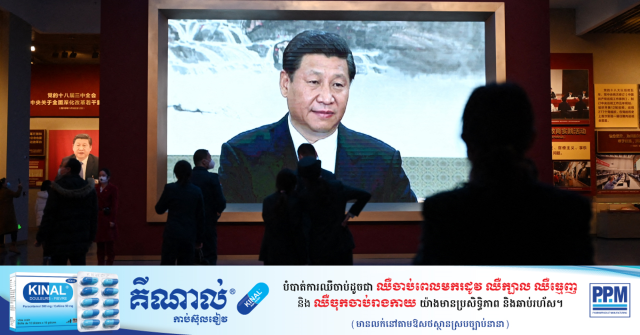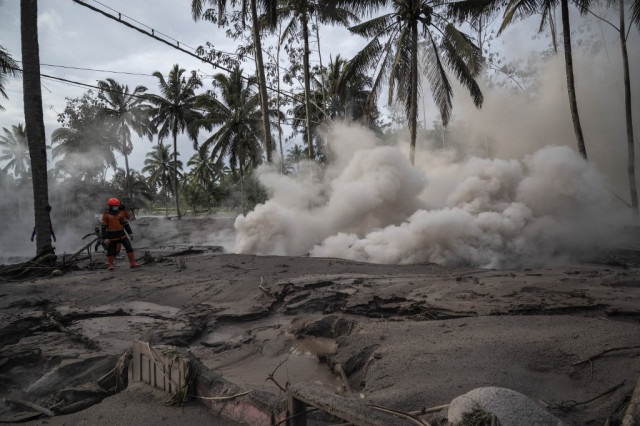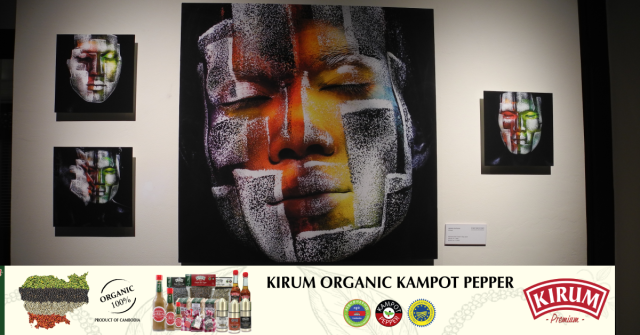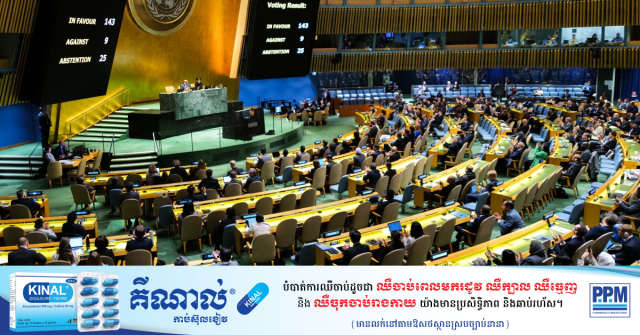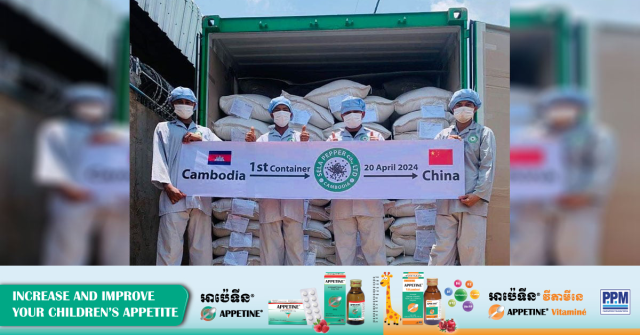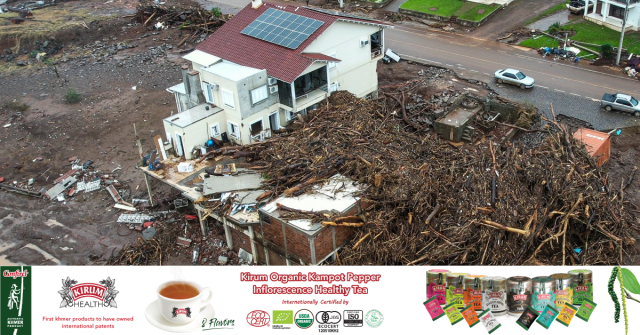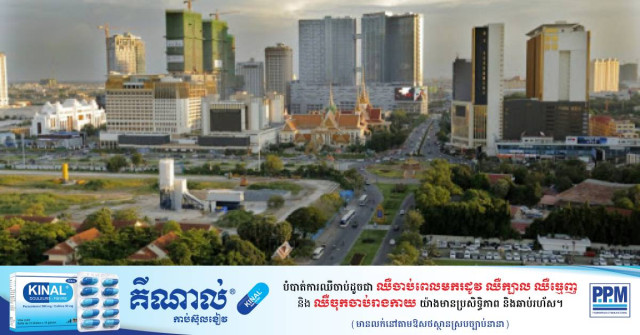Growth in Online News Outlets Sees Calls for More Independent, Quality Media
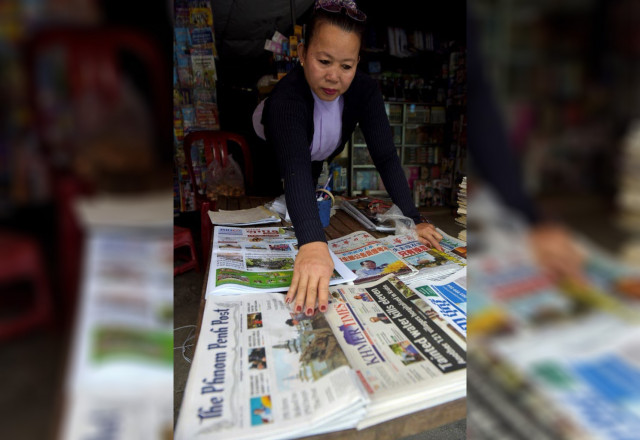
- By Sam Sopich
- January 11, 2022 5:18 PM
While the Ministry of Information has touted an increased number of online news outlets as a reflection of growing press freedoms, media practitioners disagreed, saying quality matters more than quantity
PHNOM PENH--The Ministry of Information has announced that the number of online news outlets in Cambodia has increased by just over 17 percent between 2020 and 2021, which is considered reflective of the government’s approach to free speech, but journalism groups say that press freedoms in Cambodia have continued to decline.
The Information Ministry’s count for 2021 suggests an additional 118 online outlets brought the total to 706 news sites and 81 online TV outlets, 23 of which had foreign publishers, 74 of which had women publishers. This is compared to the 669 online media outlets registered in 2020.
However, the Ministry of Information said that last year there were only 447 newspapers registered along with 193 magazines, down from 450 and 196 respectively in 2020.
Phnom Penh’s number of radio stations remained the same at 83 FM radio stations and one AM radio station, while a further 137 radio stations exist throughout the provinces.
The ministry added that there are 51 registered media associations and 26 foreign news agencies—a jump from 24 foreign news agencies in 2020.
Pho Sovann, director-general of the General Department of Information and Broadcasting at the Ministry of Information, said that internet access and dedicated audiences were the reasons for the rise in number of outlets.
This, Sovann argued, represents the government’s policy on free expression and that media outlets following the Information Ministry’s guidelines, abiding by the registration process and regulations, are allowed to operate.
“In spite of the number of journalists increasing, the quality is still limited because around 40 journalists have trained yearly by Department of Media and Communications at the Royal University of Phnom Penh, and others have not gotten formal journalist training,” he said.
Sovann warned that the Ministry of Information monitors registered and unregistered media for what he called unethical content which, if found, will warrant a public apology and correction if the outlet is registered. Unregistered outlets, he said, will face actions from the authorities.
“The main challenge of media is inequality or unethical contents that they disseminate through their own feeling and bad intentions to accuse authorities without proving evidence or sources, so those journalists were accused of incitement,” Sovann said of reports critical of the government.
Sovann’s assessment is at odds with the reality in Cambodia, where independent journalists are routinely jailed, beaten and harassed legally by the government. Rarely do pro-government media outlets such as Fresh News offer apologies or corrections after publishing provably false information—as was seen recently in relation to the ongoing NagaWorld strike.
The Cambodian Journalists Alliance Association (CamboJA) released a report detailing the abuse, harassment and violence that journalists continue to face in Cambodia, often at the hands of the government themselves.
“From January through September 2021, 46 cases of harassment against 78 journalists (5 female) have been recorded,” according to CamboJA’s October 2021 report, which detailed 30 arrests, nine incidents of legal actions, 15 counts of violence or harassment against journalists, along with the revocation of seven media licenses—largely in response to reporting critical of the government.
Nop Vy, director of CamboJA said that there were many media institutions that have been established, but to measure the changes in freedom of expression, the quality of work and independence of the media needed to be assessed.
“It’s great to see an increase of news institutions, but this growth cannot prove the freedom of expression in Cambodia yet, unless the safety and security of journalists is ensued in order to report independently, fairly,” Vy said. “On the other hand, until those media organizations do not tend to only support the ruling party, if they are not independent, it doesn’t prove the improvement of freedom of expression.”
It depends on how journalists and news outlets implement their roles rather than simply the number of journalists or outlets increasing, he added.
“If media platforms cannot perform their roles through writing, reporting and disseminating information independently and ethically, then just creating a huge number [of outlets] cannot reflect freedom of expression,” he said.
Sothoeuth Ith, media director at the Cambodian Center for Independent Media (CCIM) said that an increase in the number of media outlets was just a partial reflection of the freedom of expression which shows that more people are interested in the news.
“It’s more vital to strengthen the quality of journalists and media outlets,” he said. “If the quantity increases but their performance cannot respond to social demands or dare not to report comprehensive truth, then it’s just increasing the numbers which is like a garden full with flowers, for decoration. It’s more helpful if they are the independent media,” he said.
He observed that there are not many media institutes that can report on corruption and politics independently and fearlessly.
“We frequently encounter local authorities who violated our rights, they restricted us from taking pictures, videos and from interviewing people,” Sothoeuth said. “We always get a rejection from relevant ministries when we report negatively about them. They don’t accept their faults, instead they respond saying it’s fake news, but later they try to find solutions to what we have reported,”
He called for news institutes and journalists to fulfil their roles with a code of conduct independently. If it’s independent media, it’ll be helpful. If it’s only reporting what other news bodies already reported, such as traffic accidents and family disputes, it’s less useful to society.








